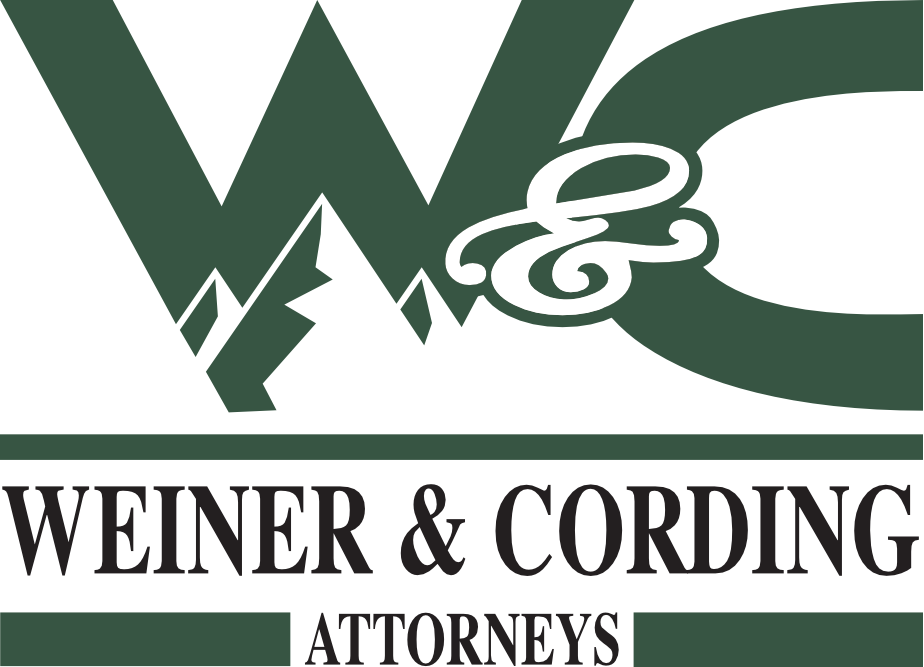Forming and maintaining a small business is a lot of work. There’s no way around it. And much of that work comes from small business attorneys, like us, who insist that each small business needs to memorialize every little agreement in writing and engage in all these business formalities that seem like a waste of time. So you want to be a limited liability company? You’ll need an operating agreement, a buy-sell agreement, promissory notes, resolutions and consents, member ledgers, and you need to hold your annual meetings, and you need to keep detailed meeting minutes, and you need to update all your company documents regularly. And don’t forget to maintain your licenses and pay your taxes.
These extra documents and business activities are generally referred to as “Corporate Formalities.” They are “extra” because, in most states, you don’t technically need all these bells and whistles to form a company. For instance, in Colorado, where the Law Offices of Randall M. Weiner, P.C. is located, all you need to do to create a limited liability company is fill out a rather brief online form (the Articles of Organization), pay the minimal processing fee, and there you have it: your very own LLC.
Because forming a limited liability entity has become so easy with the help of the internet, small business owners often want to skip the Corporate Formalities. Unfortunately, failing to establish and maintain your Corporate Formalities can profoundly and negatively affect your small business. This is why attorneys so often insist that the “extra” Corporate Formalities are not only important, but absolutely essential.
Despite the laundry list of reasons why Corporate Formalities are essential (memorialize intentions, avoid ambiguity, adhere to statutory requirements, limit personal liability…), small business owners still push back. Based on our experience, small business owners generally use one of the following three excuses:
- “My small business can’t afford all that legal work.”
- “I don’t have time to deal with Corporate Formalities.”
- “I don’t need/want formalities.”
Let’s address each of these (bad) excuses in turn.
1. “My small business can’t afford all that legal work.”
In our opinion, this is actually the best excuse out of the whole bunch. Small business attorneys really do understand that small businesses are often strapped for cash. Forming and maintaining a small business costs money, and at the end of the day, many small businesses just don’t have funds left over to pay attorneys. Our advice here is to work it out the best you can. Do what you can, when you can, and stay committed to establishing, revisiting, and updating your Corporate Formalities over time as your situation allows.
Additionally, don’t be afraid to talk to your attorney about budget concerns and prioritizing your Corporate Formalities. For instance, if you are a one-person entity, you probably don’t need your attorney to hold your hand through annual meetings. This does not mean you don’t need to hold some type of formal meeting! What it does mean is you can probably handle the meetings yourself. On the other hand, corporate governance documents such as an operating agreement or bylaws are always a high priority, and it’s important to speak to an attorney about drafting these complex documents.
Finally, while this “get-it-when-you-need-it” approach is a good way to stretch your money now, keep in mind that it’s not an ideal mindset for the long haul. In other words, you don’t want to continue to squeak by. When you can afford it, start thinking ahead and putting Corporate Formalities in place, even if the need is not immediate.
Check back soon for Part 2 of this post, “Why Your Small Business Needs the Corporate Formalities.”
The law is always changing. We cannot guarantee that the information provided herein is current and accurate. Every situation is different. Do not refrain from seeking legal advice from a lawyer because of anything contained in this blog. Consult an attorney for individual legal advice regarding your own situation.
